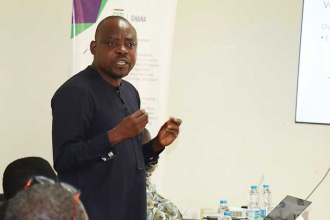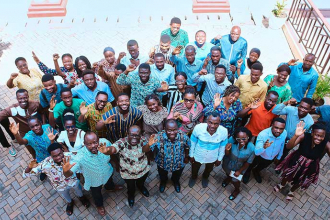Land tenure security and forest cover in the Colombian Amazon
Land tenure security (LTS) is important for achieving many sustainable development goals but its influence on forest cover is mixed. The uncertain relationship between LTS and forests is driven, in part, by the moderating influence of other drivers of deforestation. In this paper we illustrate this complex relationship between LTS and forest cover for individual private landholders in the Colombian Amazon. We use household surveys and econometric analysis with matching techniques to examine whether formal land titles and perceptions of LTS influence forest cover.



